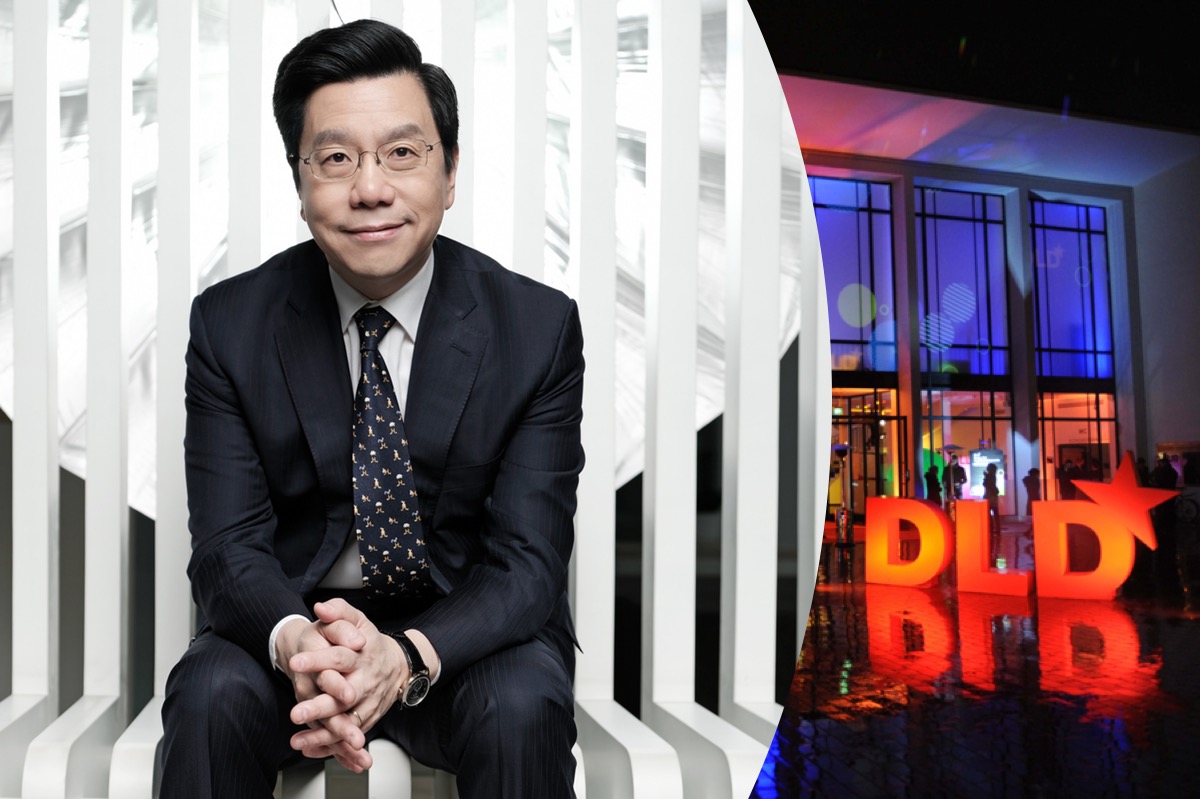Artificial intelligence is a key technology, often seen as decisive for the future of whole nations: If you know how to build the smartest algorithms you can hope to conquer the world with self-driving cars, autonomous drones or digital-health systems that might save millions of lives. Dr. Kai-Fu Lee is considered one of the foremost experts in this field. After leading projects in speech and natural language-processing at Apple, he moved on to executive positions at Microsoft and Google before founding Sinovation Ventures to invest in Asia’s fast-growing tech industry. In his book AI Superpowers he argues that China and Silicon Valley are busy creating a new world order. We spoke with him ahead of his talk at DLD 2019 in Munich.
Who stands to benefit most from artificial intelligence in business and society?
AI is set to impact virtually every segment of our working and private lives. Its effect is compounding and it is unstoppable. The question of economic leadership is one of effective time to market over engineering prowess. While the U.S. is, at least for the time being, set to remain in the lead on AI research, it is Chinese agile startups that are moving extremely fast to implement AI technologies en masse. China’s enormous mobile-first population may ultimately prove an unbeatable advantage for Chinese businesses. The societal impact that will follow will be inevitably global.
You predict a “duopoly of US and China in AI”. What about other countries?
The advancement of AI technology is a matter of first-mover advantage and the ongoing ability of the technology to continue to improve as algorithms are fed quality data. Effectively, AI will thrive where brains meet brute force. Those countries that are not already doing everything in their power to enable innovation and put in place infrastructure necessary for adoption of these technologies in our everyday lives will act from a position of having to negotiate and compromise with those who will lead the field. A good analogy may be the ongoing debate over the perceived monopoly of the few social and retail platforms in the Western world and the difficulty of local businesses to launch alternative platforms that can thrive.
How do you see humans and machines coexist in an automated world of the future?
The entire potential of AI rests on our ability to develop technologies that can meet and enhance our human needs. This is not a race of man against machine. Rather my vision is of a symbiotic journey into the future where technology supports our humanity. What we do now will act as the blueprint for our co-existence. Mine is a genuinely optimistic view of the future where creativity and compassion are at the heart of human endeavour, with AI taking care of the routine and grunt work.

AI Superpowers
By loading the video you agree to the privacy policy of YouTube.
You are currently viewing a placeholder content from YouTube. To access the actual content, click the button below. Please note that doing so will share data with third-party providers.
More Information